Optimal Timing for Storm Restorations
Storm restorations are most effective when performed during periods of stable weather, typically outside of storm seasons. However, the timing can vary based on regional climate patterns and specific storm activity in Upland, CA. Planning restoration work during dry, calm weather minimizes delays and ensures the highest quality results.
This period often offers favorable weather conditions with less rain and wind, making it ideal for storm restoration projects.
While storm activity may increase, this is also a common time for storm restoration, especially after storm seasons subside.
Performing restorations during the off-season can reduce costs and scheduling conflicts, provided weather conditions are suitable.
Immediately after storms, restoration efforts are crucial to prevent further damage, but work should only proceed when weather permits.
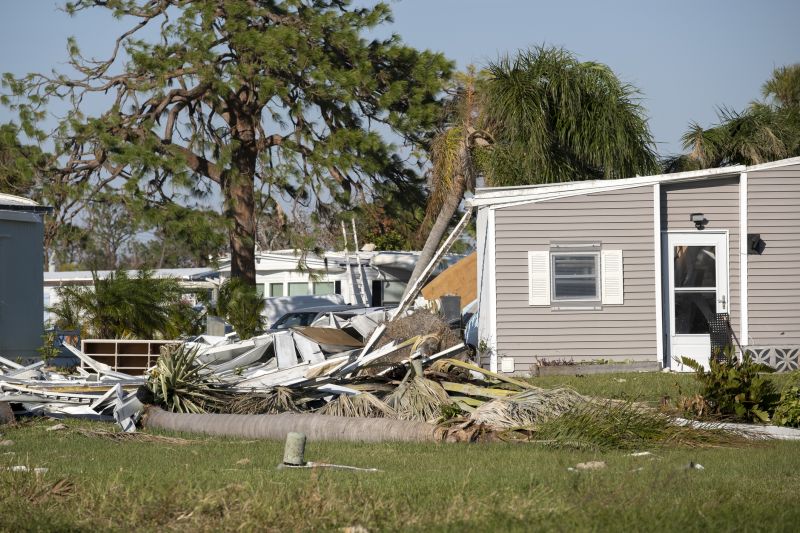
Visual inspection of storm-affected areas to determine repair needs.
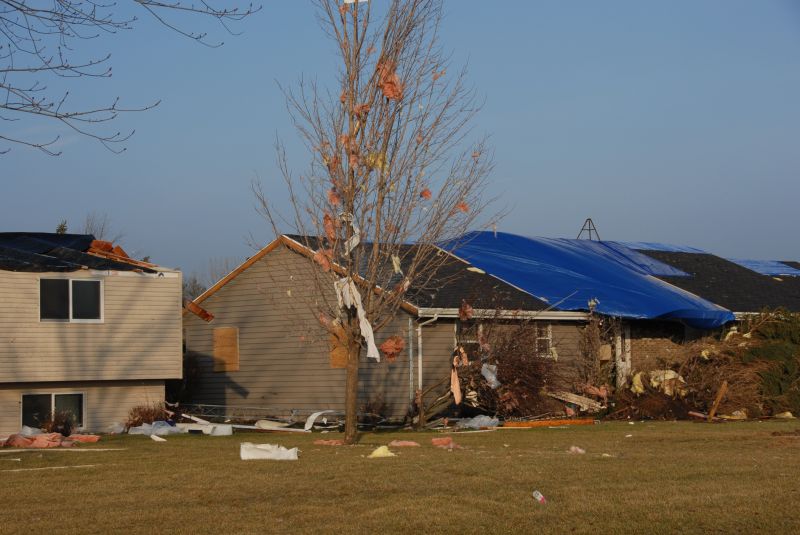
Quick fixes to prevent further damage after a storm.
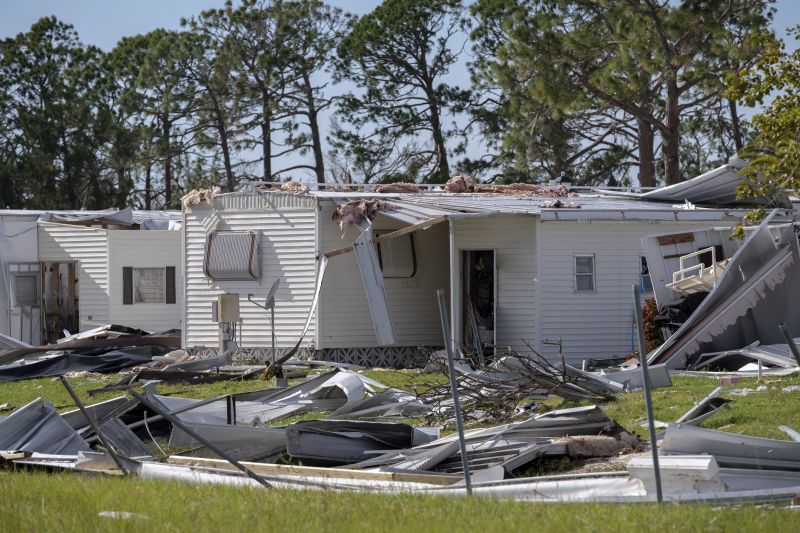
Developing a plan for comprehensive storm damage restoration.

Ways to make Storm Restorations work in tight or awkward layouts.

Popular materials for Storm Restorations and why they hold up over time.
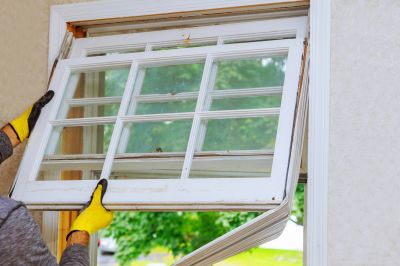
Simple add-ons that improve Storm Restorations without blowing the budget.
| Season | Optimal Restoration Timing |
|---|---|
| Spring | Ideal for planning and executing restorations before storm season peaks. |
| Summer | Suitable for ongoing repairs; weather tends to be more stable. |
| Fall | Good for final repairs and preparations for winter storms. |
| Winter | Generally less suitable due to increased storm activity and weather constraints. |
Storm restorations involve repairing and restoring properties affected by severe weather conditions such as high winds, heavy rain, or hail. These efforts include repairing roofs, siding, windows, and drainage systems to prevent further damage and ensure safety. Proper timing of restoration work can significantly impact the durability and effectiveness of repairs, reducing the risk of repeat damage during subsequent storms.
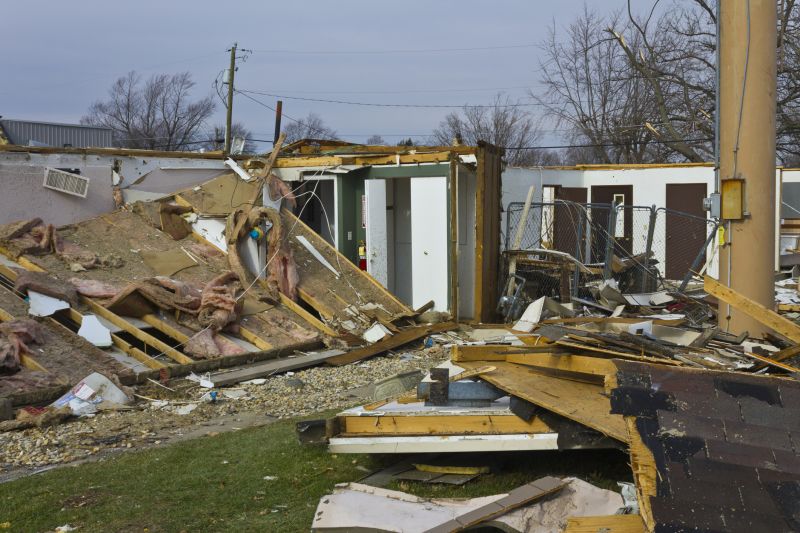
Restoration work after storm damage to restore property integrity.
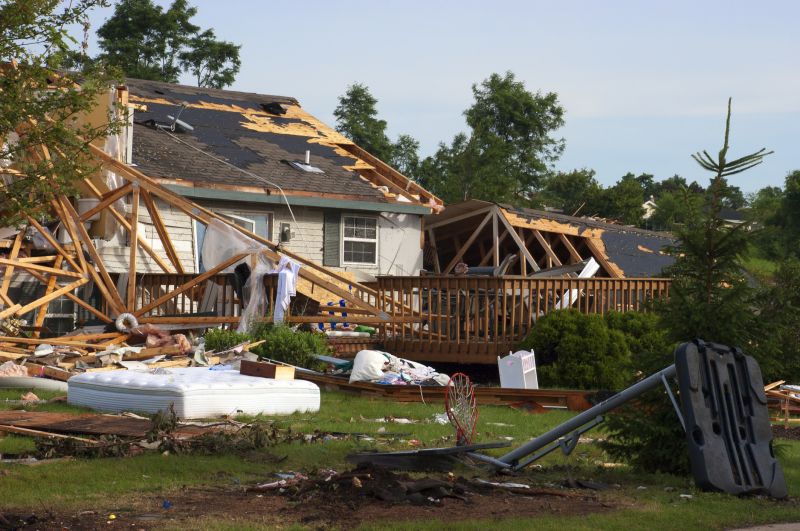
Repairing roofs affected by storms to prevent leaks.
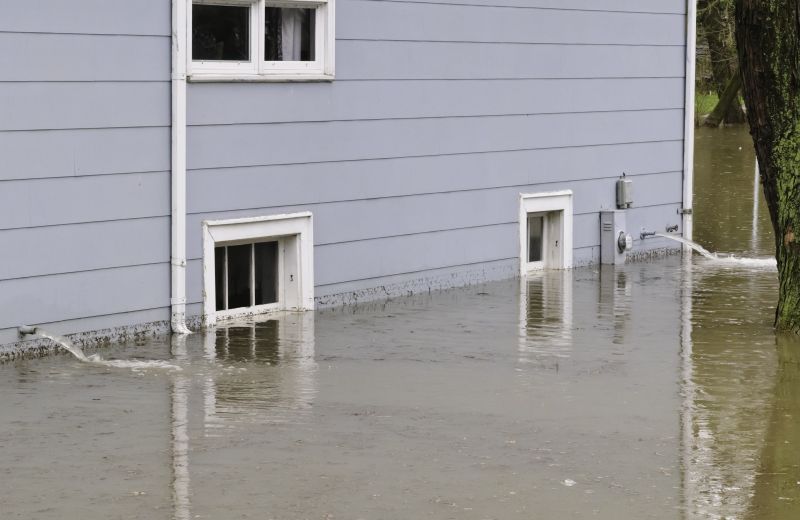
Restoring exterior surfaces damaged by storm elements.
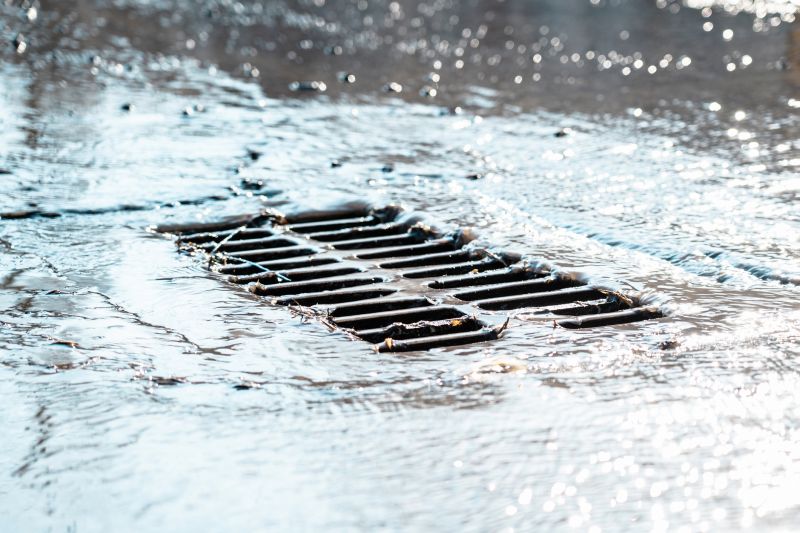
Ensuring proper drainage to mitigate future storm impact.
Timely storm restorations are essential to minimize property damage and ensure safety. By scheduling repairs during optimal weather conditions, property owners can achieve more durable and effective results. Regular assessments and prompt responses after storm events help maintain property integrity and reduce long-term costs.
